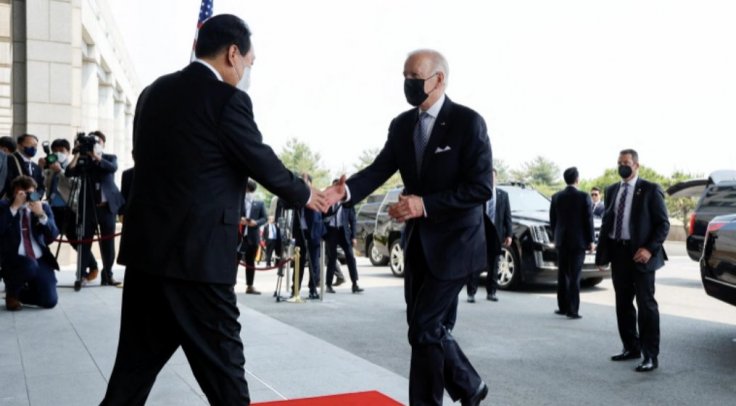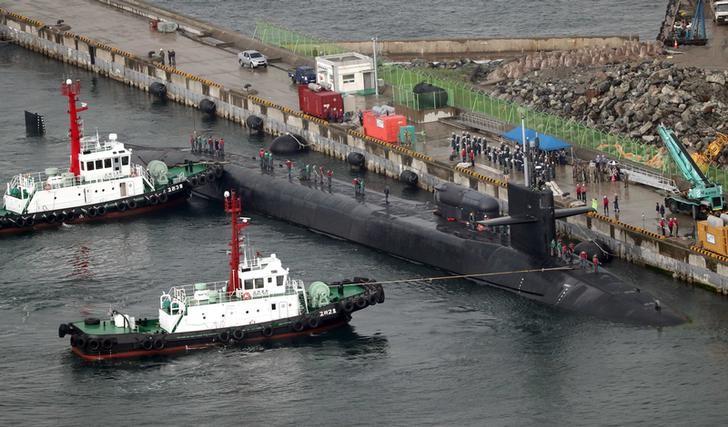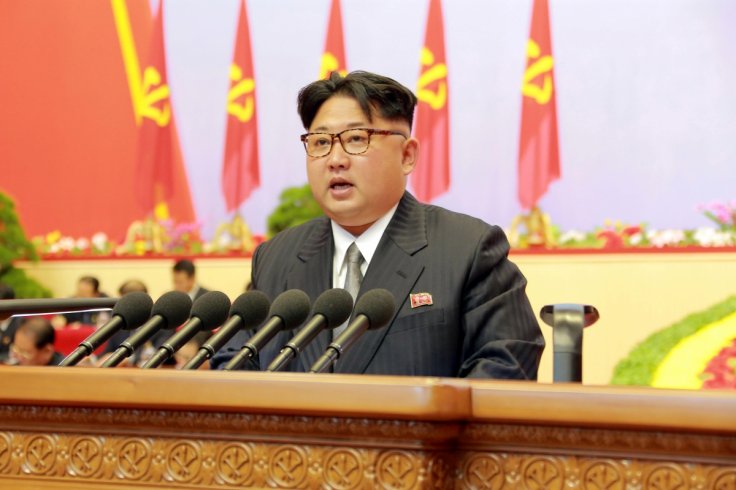The United States offered South Korea the fullest assurance of defense against a possible nuclear attack by North Korea on Wednesday, a measure aimed at assuaging Seoul's security concerns and dampening domestic calls for acquiring nuclear weapons of its own.
President Joe Biden hosted South Korean President Yoon Suk Yeol at the White House and gave him the assurance that the US will take down the regime of North Korean dictator Kim Jon-un in the event of a nuclear strike against South Korea. Biden said a nuclear attack by Pyongyang will "result in the end of whatever regime".

Washington Declaration
"A North Korean nuclear attack against the US or its partners is unacceptable, and would result in the end of whatever regime took the action... I have absolute authority, and sole authority, to launch a nuclear weapon, but what the declaration means is that we will consult with our allies, if any action is so called for," Biden said.
Under the 'Washington Declaration' signed by Biden and Yoon on Wednesday, the US will boost and expand its nuclear safety umbrella over South Korea, establish a nuclear hotline with Seoul and send nuclear armed submarines to the ally's shores. The agreement also implies that South Korea will not go ahead with a nuclear weapons program, though analysts believe that the deal in itself will not guarantee that outcome.
Nuclear Submarine to Sail to South Korea
As part of the deal, US ballistic submarines armed with nuclear missiles will make port visits in South Korea. This is a first in more than 30 years and underscores Seoul's fears of a nuclear strike by combative North Korea.

Biden said any North Korean aggression will be "met with a swift, overwhelming and decisive response". The president added that the US commitment to deterrence will be "backed by the full range of US capabilities, including nuclear".
"Sustainable peace on the Korean peninsula does not happen automatically," Yoon said. "Our two countries have agreed to immediate bilateral presidential consultations in the event of a North Korean nuclear attack and promised to respond swiftly, overwhelmingly and decisively using the full force of the alliance, including the United States' nuclear weapons ... Deployment of strategic assets will be made constantly and routinely," Yoon said.
Will South Korea Abandon Nuclear Weapons Ambitions?
The Washington establishment went an extra mile this week as Yoon, a conservative and nationalist, was seen warming up to calls for developing a nuclear weapon to forestall an attack from north Korea. There are increasing fears in South Korea if the US pledge of support was strong enough to protect it from a nuclear strike.

South Korea gave up the nuclear weapons program more than 50 years ago when it signed the Nuclear Non-Proliferation Treaty. However, there is increasing popular pressure to take all necessary steps towards protecting the nation from the rising threat from North Korea, including by developing nuclear weapons. An opinion poll conducted by Chicago Council on Global Affairs last year showed that a whopping 71 percent of the respondents supported the country making nuclear weapons.
In January this year, President Yoon Suk-yeol said Seoul would think about making nuclear weapons if North Korea's nuclear threat increases. "We can have our own nuclear weapons pretty quickly, given our scientific and technological capabilities ..." the president said.









